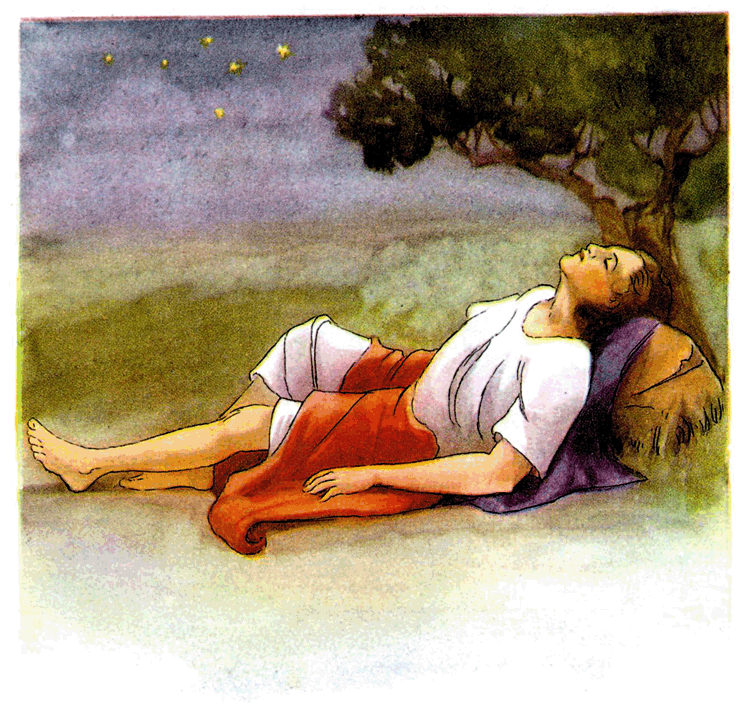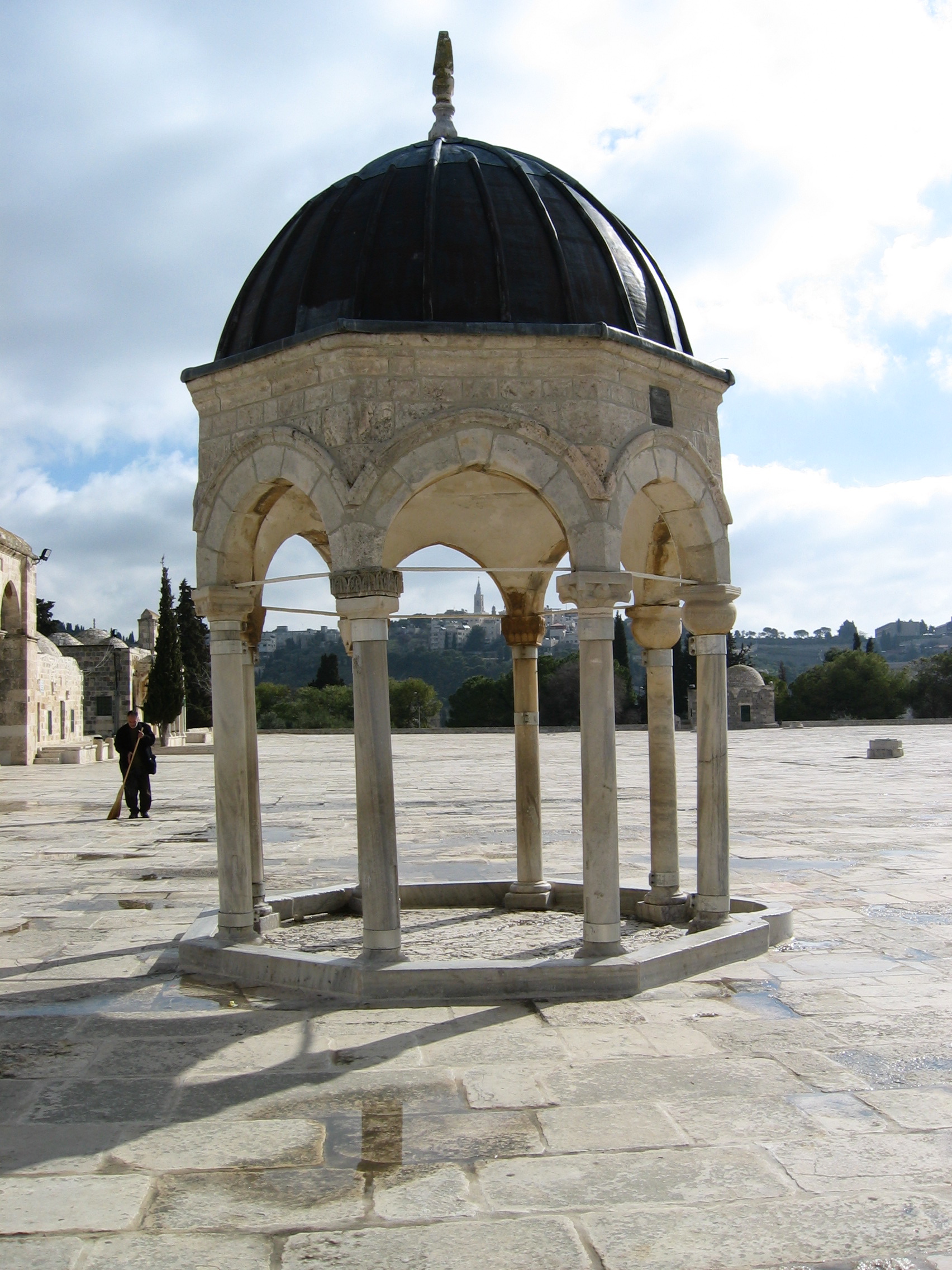
Genesis 35:1–15, Go up to Bethel. Jacob, twenty years earlier, had left Canaan in disgrace fleeing eastward into exile (as his descendants would do generations later), where in captivity to Laban he pays the price for being a deceiver. In captivity, Jacob prospers and finally is able to return to the Promised Land.
En route westward back to Canaan, he goes through a wilderness experience, as the children of his namesake would do several generations later. What type of individuals does YHVH not permit and permit to enter into the Land of Promise?
The answers are in Hebrews 4:1–11 where the writer speaks of doubt and unbelief, faith, hardness of heart versus resting in YHVH and not in the works of our flesh. (Read it.) To come home, like the prodigal son, to the home of his earthly parents and to that of his Heavenly Father (Beth-el or House of El) what was required of Jacob?
He had to manifest brokenness, humility, a new identity, repentance, and make restitution for past sins committed against others (Gen 34). Will YHVH not similarly break our stiff necks, refine and purify us to become suitable use in his spiritual house?
Are you fighting this same process that YHVH is working out in your life to prepare you for your spiritual Bethel—your place of eternal habitation with him? Jacob got hit again and again until his carnal will was finally broken, and his heart was circumcised. He was forced to die to the willfulness of his flesh and his scheming tendencies to bring YHVH’s will to pass in his life. (Have other notable personages of Scripture tried the same things and had their will broken before they were useful to YHVH? Remember Moses when he murdered the Egyptian? What did YHVH do with him for 40 years?)
Remember this. Neither the uncircumcised of the heart nor of the flesh will enter into the temple or spiritual house of Elohim (Ezek 44:9), which is the ultimate Promised Land of the saints’ spiritual inheritance.
Where are you in this spiritual process? The Promised Land belongs to those (i.e. the seed of Jacob by faith) who pass the wilderness tests of YHVH (Gen 35:12). Who is that seed? You are if you’re in Yeshua. (Read Rom 4:16; 9:8, 11; Gal 3:7, 9, 14, 28, 29.)
YHVH Elohim is now calling all the modern saints to follow exactly in our father Jacob’s footsteps by leaving our exile and captivity in spiritual Babylon (i.e. false religious systems, which contains a mixture of both good and evil, see Rev 18:4), and returning westward across the river Jordan into the land of Promise, to our spiritual inheritance, to the ancient and good paths of the Torah faith (Jer 6:16, 19), which is defined in terms of YHVH’s covenants with Israel (Eph 2:12–14). Can you see how Jacob’s life is a prophetic road map of the spiritual journey that each individual believer must go through to obtain his spiritual inheritance? Jacob’s journeyings back to Beth-El (literally, the house of El) is a prophetic picture of what all the saints—the Israel of Elohim (Gal 6:16), collectively, must go through as well.
Continue reading


